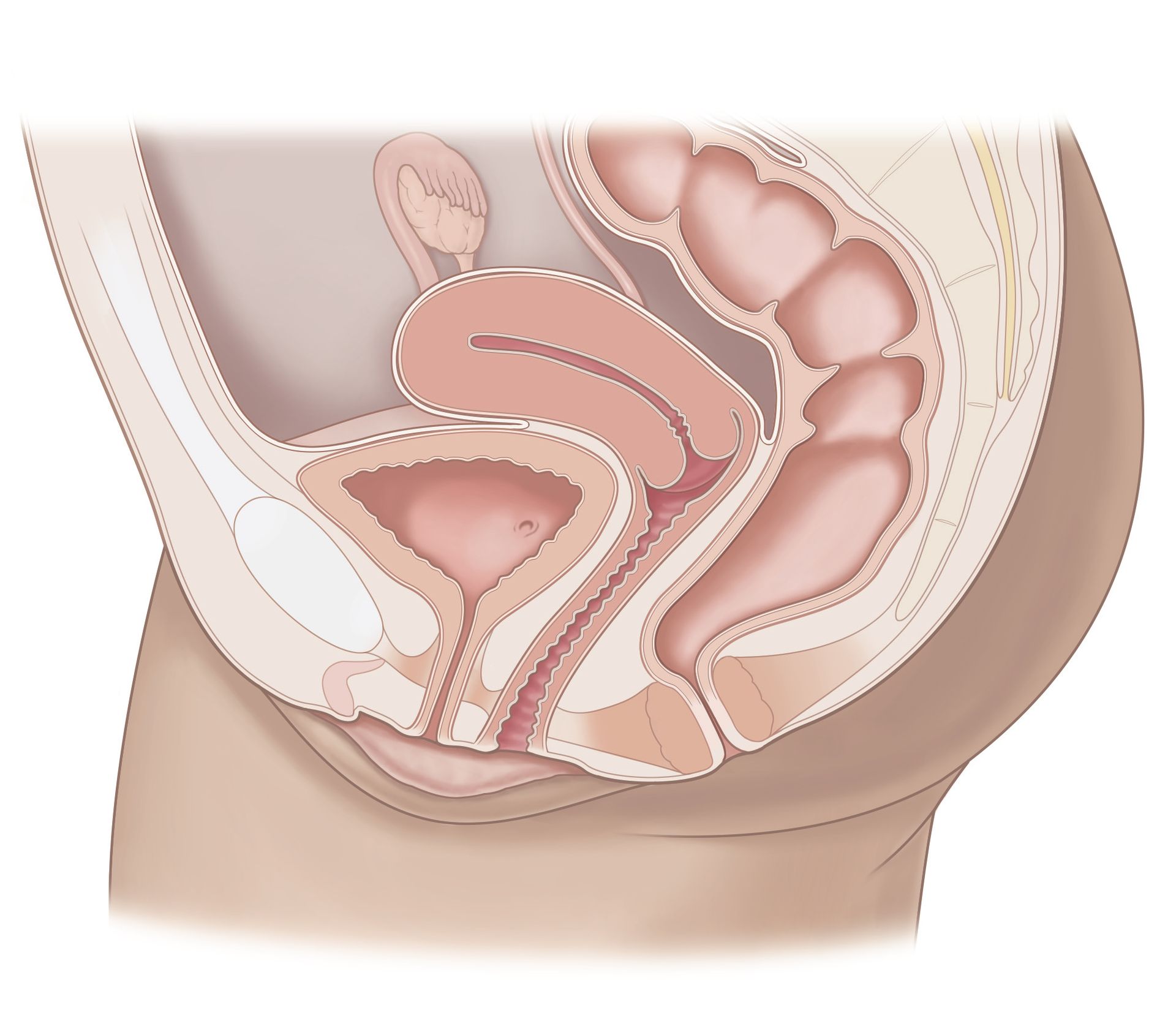
What’s the Biggest Lever for Managing PCOS?
When it comes to managing PCOS, many people immediately think of food and exercise. But if I had to choose one thing to focus on, it would be managing stress. Every. Single. Time.
Why?
Because stress has a direct impact on your hormones, and for women with PCOS, learning to manage stress can be an absolute game-changer.
The Nervous System and PCOS: A Balancing Act
Our nervous system has two key components: the
Sympathetic Nervous System (SNS), which triggers the “fight or flight” response, and the
Parasympathetic Nervous System (PNS), which governs “rest, digest, repair, and detox.” Under normal circumstances, these systems work in harmony, taking turns to keep us balanced. However, when we're constantly in stress mode—living that go-go-go, busy-as-a-badge-of-honor lifestyle—the SNS takes over. This keeps us stuck in survival mode, with stress hormones like cortisol and adrenaline flooding our system.
For women with PCOS, this is particularly concerning. Imagine your body is facing a life-threatening situation, like encountering a wild tiger. All your energy is diverted into survival mode—sending resources to your muscles so you can fight, run, or flee. Digestion, reproduction, and your monthly cycle? Not a priority. Your body literally shuts down these functions because it's not the right time to make babies or digest food when you're fighting for survival.
In today’s world, we’re not typically facing wild tigers. But rushing to meetings, over-scheduling, and constant demands? Your body doesn’t know the difference. It still reacts as though it’s in danger, keeping you in survival mode. As a result, reproductive and digestive health take a backseat.
Why Lowering Stress is Key for PCOS
Cortisol and Insulin Resistance
Chronic stress elevates cortisol levels (source), which can contribute to insulin resistance—a major concern for women with PCOS. Research shows a direct link between high cortisol and insulin resistance in PCOS patients. When insulin levels rise, they stimulate an increase in androgens, which can trigger symptoms like acne, hair thinning, and hirsutism (unwanted hair growth).
Hormone Disruption and Irregular Cycles
Stress also disrupts the
Hypothalamic-Pituitary-Adrenal (HPA) axis, which plays a key role in regulating hormones. When the HPA axis is out of balance, it can lead to irregular cycles or even missed ovulation (source). If your body perceives constant stress or danger, it prioritizes survival over reproduction, effectively shutting down reproductive functions. Studies have shown that HPA axis dysregulation can lead to hormonal imbalances that interfere with reproductive health.
Practical Ways to Dial Down Stress
- Activate Your Parasympathetic Nervous System
To shift from "fight or flight" to "rest and digest," try activities that engage the parasympathetic nervous system such as deep breathing, meditation, or even humming your favorite tune for 3-4 minutes. Simple practices like box breathing (inhaling for 4 counts, holding for 4, exhaling for 4, holding for 4) for five minutes a day can work wonders. Studies have shown deep breathing lowers cortisol and helps activate the parasympathetic nervous system, promoting relaxation (source). - Incorporate Adaptogenic Herbs
Adaptogens like ashwagandha and holy basil are powerful for balancing stress. Research has found that holy basil can significantly reduce stress, anxiety and depression. It’s a great herb to incorporate into your routine- try consuming it as a warm tea. Studies have shown these herbs can be valuable additions to your stress-busting toolkit (source). - Prioritizing Sleep Quality sleep is critical for lowering cortisol and balancing hormones. Aim for 7-8 hours of sleep each night and try to stick to a consistent schedule. If you are having trouble unwinding, consider a magnesium or lavender essential oil to help you relax. Studies have shown chronic sleep deprivation can worsen insulin resistance and stress in Women with PCOS, so quality rest is top priority (source 1, source 2).
- Nourish Your Nervous System
Eating magnesium-rich foods like leafy greens, pumpkin seeds, and avocados supports a calm nervous system and balanced mood. Start your day with a high-protein breakfast to stabilize blood sugar and prevent cortisol spikes. In the evening, opt for complex carbs like quinoa or sweet potatoes to boost serotonin and help you unwind. - Avoid Stimulants
Caffeine and alcohol can overstimulate your nervous system, making stress worse. Instead of your afternoon coffee, try a calming herbal tea, like chamomile and lemon balm. Both have shown to reduce anxiety and promote relaxation. - Move Mindfully
Exercise is important, but intense workouts can raise cortisol levels.Instead choose lower-impact activities like walking, swimming, tai chi, or yoga. These exercises help calm the nervous system while keeping you active.
While nourishing your body and moving are essential, managing stress is often the most powerful factor in balancing PCOS. A balanced nervous system leads to balanced hormones, and when your body feels safe, it can thrive—not just survive.
Small, consistent changes like mindful movement, eating the right foods, and getting quality sleep – help create a calmer internal environment, making it easier to manage PCOS. Your body is resilient. Give it the tools to relax and rest and it will work for you, not against you.
Further Reading
Here are good resources in case you’re interested in reading further.
Cortisol and Insulin Resistance:
Stress and the HPA Axis: Balancing Homeostasis and Fertility
https://www.mdpi.com/1422-0067/18/10/2224
Deep Breathing and Activation of the Parasympathetic Nervous System:
https://www.ncbi.nlm.nih.gov/pmc/articles/PMC8481564/
Adaptogenic Herbs (Holy Basil):
https://www.ncbi.nlm.nih.gov/pmc/articles/PMC5376420/
Sleep and Insulin Resistance:
https://www.ncbi.nlm.nih.gov/pmc/articles/PMC9036496/
Disruption of Circadian Rhythms: A Crucial Factor in the Etiology of Infertility
https://www.ncbi.nlm.nih.gov/pmc/articles/PMC7312974/
Anti-Stress Effects of Lemon Balm-Containing Foods:
https://www.ncbi.nlm.nih.gov/pmc/articles/PMC4245564/



Don’t just get seen, get taken care of.
Questions? Call or book an Intro Call with a member of our team.
© 2024 All Rights Reserved
Almond
